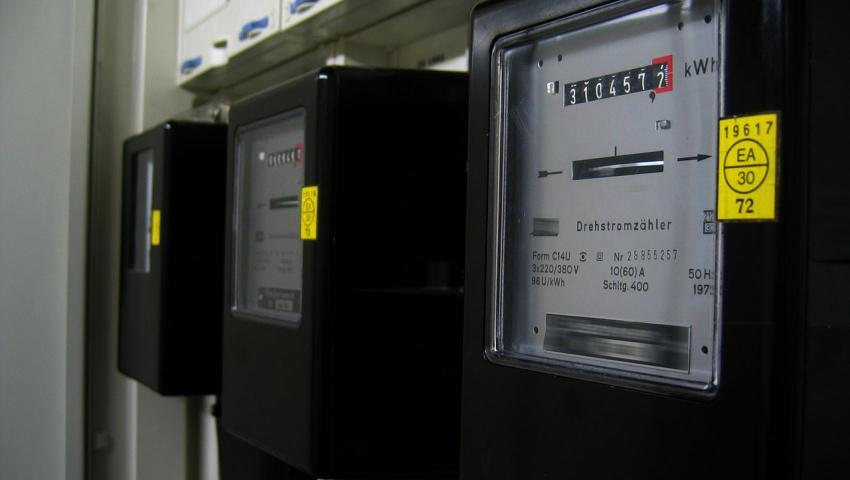AOBR: The state should urgently introduce the program to compensate businesses for high electricity prices on the free market

High electricity prices have prompted employers to demand that the state take protective measures. In order to support the Bulgarian economy and preserve the Bulgarian industry, it is imperative that the Council of Ministers adopts a Program for compensating the prices of electricity for non-domestic end customers. That is why the Association of Bulgarian Employers' Organizations (AOBR) insists. From there, they add that "electricity prices, among the highest in the European Union, are detrimental to the competitiveness of the Bulgarian economy and industry both within the EU and on third markets. Over the past few years, industry in the country has experienced an energy crisis with high electricity and natural gas prices. Its competitiveness is under additional pressure from the fact that Bulgaria is an external border of the European Union. Industry in the country survived thanks to compensations for electricity prices, covering the differences between the market price and the value of BGN 200/MWh.
Here is their full statement:
On the "day-ahead" market segment, the achieved price of electricity for delivery day July 15, 2024 is BGN 373.82/MWh! This is the highest price since the beginning of the month. The month of July itself is the most expensive since the beginning of the year with an average price for the period July 1-15 of BGN 249.15/MWh! For comparison, the next most expensive month this year is June with a price of BGN 191.52/MWh.
For the first half of the month, Bulgaria has the fourth highest price in the European Union! Currently, electricity is more expensive only in Hungary (BGN 272.24/MWh), Romania (BGN 266.99/MWh) and Greece (BGN 251.25/MWh). The price in Bulgaria is 2 times higher than in the Czech Republic, 2.1 times higher than in Germany, 2.2 times higher than in the Netherlands, 2.3 times higher than in Austria and 3.2 times higher than in France!
Differences in prices are detrimental to the entire economy of Bulgaria!
In addition, the evening hours are extremely expensive with prices in the range of BGN 600-1000/MWh, and for July 15 they exceed BGN 1100/MWh! These are levels not seen since the 2022 energy crisis.
The reasons for this conjuncture can be found in a combination of factors:
Electricity deficit in some of the regional markets (Hungary, Romania);
Reduced intersystem transmission capacities between countries in South-Eastern Europe;
Export of significant amounts of electricity from the region to Ukraine;
High temperatures and lack of water resources in the region;
Unplanned downtime of the Kozloduy NPP, although the inclusion of the 6th power unit does not have a positive price effect so far.
These factors are beyond the control of market participants, especially consumers. Nevertheless, Bulgarian business is once again forced to pay colossal prices for electricity, and in conditions of a drop in orders, 17 consecutive months of collapse in industrial production and a general slowdown in economic growth. These events are developing against the backdrop of budget deficit problems and risk fueling new inflationary processes.
Electricity prices among the highest in the European Union are detrimental to the competitiveness of the Bulgarian economy and industry both within the EU and in third markets. Over the past few years, industry in the country has experienced an energy crisis with high electricity and natural gas prices. Its competitiveness is under additional pressure from the fact that Bulgaria is an external border of the European Union. Industry in the country survived thanks to compensations for electricity prices, covering the differences between the market price and the value of BGN 200/MWh.
In order to support the Bulgarian economy and preserve the Bulgarian industry, it is imperative that the Council of Ministers adopts a Program for compensating electricity prices for non-domestic end customers, in accordance with the provisions of §3, para. 14 of the Transitional and Final Provisions of the Law on the State Budget of the Republic of Bulgaria for 2024 and Art. 36b, para. 1, item 4 of the Energy Act.
The resumption of the compensatory mechanism is the only way to preserve the competitiveness of the enterprises compared to their main competitors and markets in the European Union, where the price of electricity is between 2 and 3 times lower than the Bulgarian one. We draw attention to the fact that there is a dramatic drop in orders for a large part of the Bulgarian factories working for export.
Against this background, we would also like to express our indignation at the fact that there are producers who, under conditions of deficit and high prices on a regional scale, do not burden additional capacities.
